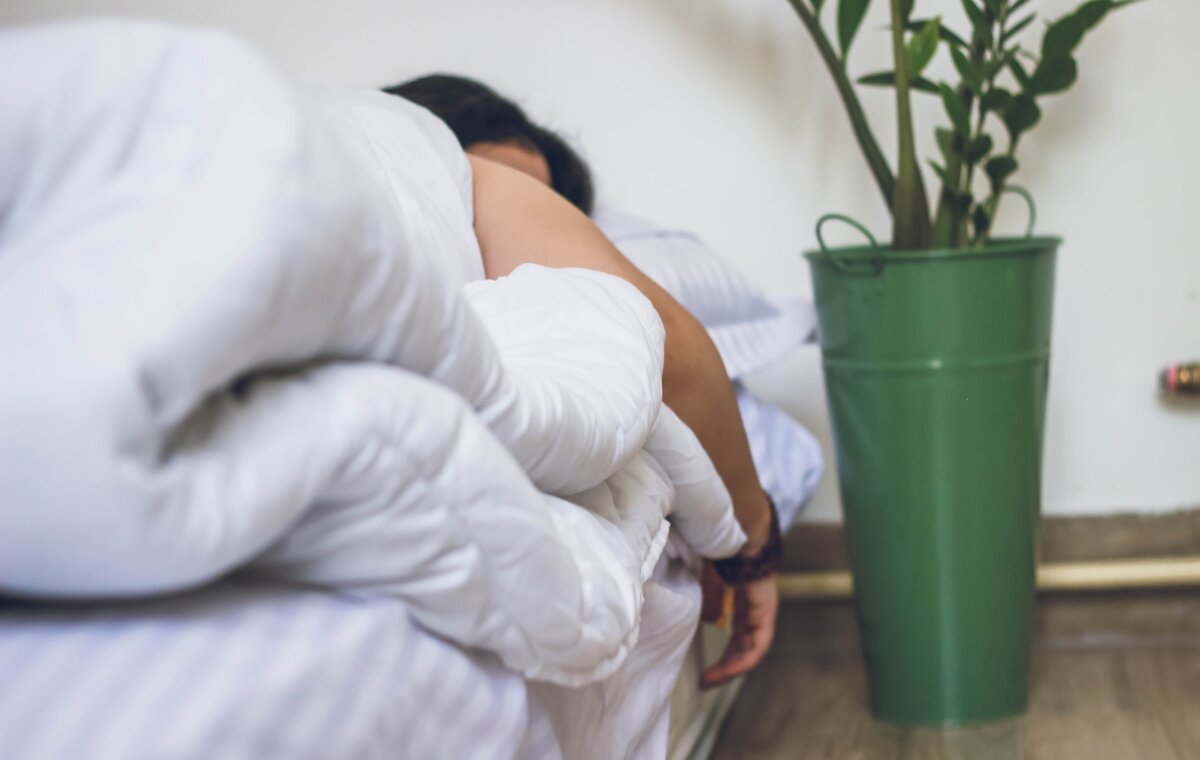Libido, also known as sexual desire, refers to the natural and instinctual drive to engage in sexual activity. It is a complex phenomenon that involves psychological, social, and biological factors. While libido varies greatly among individuals, it also changes over the course of one's lifetime, with age being one of the most significant factors that affect sexual desire.
Read on as we explore the concept of libido and how it changes with age.
What is libido?
Libido is a complex phenomenon that involves a variety of physical, emotional, and social factors. It is influenced by hormones, neurotransmitters, and other chemicals in the body, as well as by psychological and social factors such as stress, relationship quality, and cultural norms. Libido can be affected by a variety of factors, including medications, medical conditions, and lifestyle factors, such as diet, exercise, and sleep.
While libido varies greatly among individuals, it is generally considered to be a natural and instinctual drive that motivates people to seek out sexual activity. It is an important aspect of human sexuality and can contribute to feelings of pleasure, intimacy, and connection.
How does libido change with age?
Libido is not a constant factor, and it changes over the course of one's lifetime. Age is one of the most significant factors that affect sexual desire, and libido tends to decline as people age.
In general, men tend to experience a more gradual decline in libido than women, although both genders can experience changes in sexual desire as they age. In men, testosterone levels begin to decline gradually in their 30s and 40s, which can lead to a decrease in sexual desire and performance. In women, hormonal changes associated with menopause can also lead to a decline in libido, as well as other symptoms such as vaginal dryness and discomfort during sex.
Other factors that can affect libido in later life include medical conditions such as diabetes, heart disease, and depression, as well as medications such as antidepressants and blood pressure medications. Social factors such as relationship quality, stress, and cultural norms can also play a role in shaping sexual desire at different stages of life.
Strategies for promoting sexual health and satisfaction at different stages of life
While age-related changes in libido are a natural part of the aging process, there are several strategies that people can use to promote sexual health throughout the stages of life. Here are a few tips:
- Communicate with your partner. Communication is key to a healthy and satisfying sexual relationship. Talk openly and honestly with your partner about your desires, preferences, and concerns.
- Stay physically active. Regular exercise can help to improve blood flow, boost energy levels, and reduce stress, all of which can help to promote a healthy libido.
- Eat a healthy diet. A balanced and nutritious diet can help to support overall health and well-being, which can, in turn, promote a healthy libido.
- Get enough sleep. Sleep is essential for overall health and well-being, and getting enough rest can help to promote a healthy libido.
- Manage stress. Stress can have a negative impact on sexual desire and performance, so it is important to find healthy ways to manage stress and reduce anxiety.
- Seek medical treatment if necessary. It may be helpful to talk to your healthcare provider. They can help to identify underlying medical conditions or medications that may be contributing to changes in sexual desire, as well as provide guidance on treatment options.
Conclusion
Libido can be influenced by different physical, emotional, and social factors. While it varies greatly among individuals, it also changes over the course of one's lifetime, with age being one of the most significant factors that affect sexual desire. By staying physically active, eating a healthy diet, getting enough sleep, managing stress, and seeking medical treatment if necessary, people can help to maintain a healthy libido and enjoy a satisfying sexual relationship throughout their lives.















































